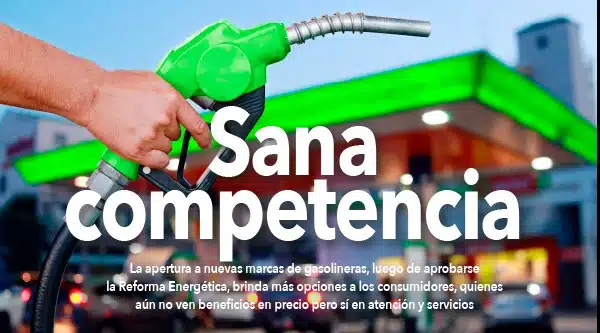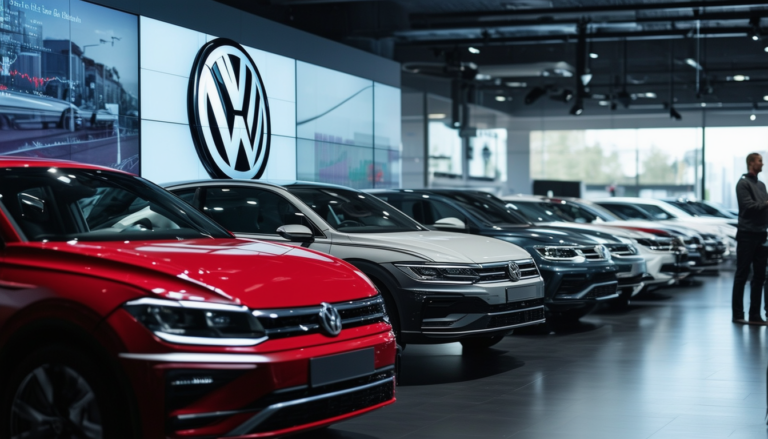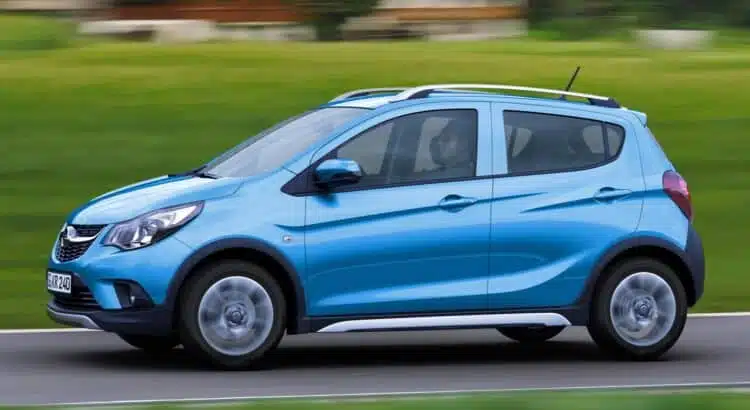The strategy of the automotive lobby to evade sanctions for CO2 emissions
The automotive sector faces an increasingly complex landscape due to the strict CO2 emissions regulations imposed by the European Union. With the goal of meeting ambitious reduction targets, manufacturers have developed various strategies to circumvent penalties that could lead to multimillion-dollar fines. One of the most observed tactics is the formation of alliances between automakers, allowing them to share the burden of complying with emissions requirements and avoid sanctions. As allowed limits decrease, the measures taken become ever more ingenious, prompting a necessary debate about sustainability and environmental responsibility in the industry.
The automotive industry faces a challenging landscape with the new emissions regulations from the European Union. The imposed regulations seek to significantly reduce CO2 emissions to protect the environment, but manufacturers have begun to implement various strategies to avoid the severe penalties they might face. This article analyzes how the automotive lobby attempts to dodge these fines while continuing production.
The context of European regulations
Starting this year, a limit of 93.6 grams of CO2 per kilometer has been set for vehicles sold in the EU, a target that will become even stricter, reaching 49.5 grams per kilometer by 2030. This tightening of regulations is part of a broader effort by the European Union to reduce greenhouse gas emissions and contribute to the fight against climate change. However, this situation has led the automotive industry to respond in ingenious ways.
The tactics of the automotive lobby
Manufacturers have begun to unite in consortia and alliances to share responsibility for emissions. This phenomenon, known as pooling, allows more polluting brands to offset their numbers with those of models that emit less. Thus, they will change the dynamics in terms of regulatory compliance to avoid fines that, in some cases, could amount to 15 billion euros.
Strategic collaborations
Some automakers like Tesla have been identified as potential lifelines for those needing to improve their emission profiles. The intention of several brands, such as Mazda and Subaru, to form alliances with manufacturers that possess clean technologies highlights this strategy. Such collaboration not only seeks to reduce fines but also facilitates compliance with the CAFE standards, which will be implemented starting from 2025.
The future under the CAFE regulations
The CAFE regulations establish definitive requirements that will begin to take effect in a couple of years, and pressure on manufacturers will increase to reduce their emissions. For some manufacturers, this requirement could result in fines of up to 95 euros for every gram of CO2 that exceeds the allowed limit per model, representing a significant financial risk.
Relaxation of sanctions
The situation is dynamic, and possible relaxations of sanctions on manufacturers by the EU have been discussed. In the latest draft of the Competitiveness Compass, revisions to the requirements and deadlines are proposed, offering respite to an industry that is already under pressure. However, this temporary relief is not entirely certain and depends on future negotiations and political pressures.
The automotive industry finds itself at a crossroads amidst growing pressure to reduce CO2 emissions. The implementation of the CAFE regulations, which establish stricter limits on pollution levels, has led manufacturers to seek creative ways to evade sanctions.
Some manufacturers have opted to form strategic alliances, seeking to consolidate their efforts to meet emission reduction targets. These collaborations, such as initiatives involving Tesla and other brands, allow for a more efficient management of emissions through CO2 pooling.
As the deadlines imposed by the European Union approach, a clear attempt by the sector to adapt to new challenges is evident. However, this strategy raises questions about the true sustainability of business models that prioritize evading fines over environmental responsibility.



